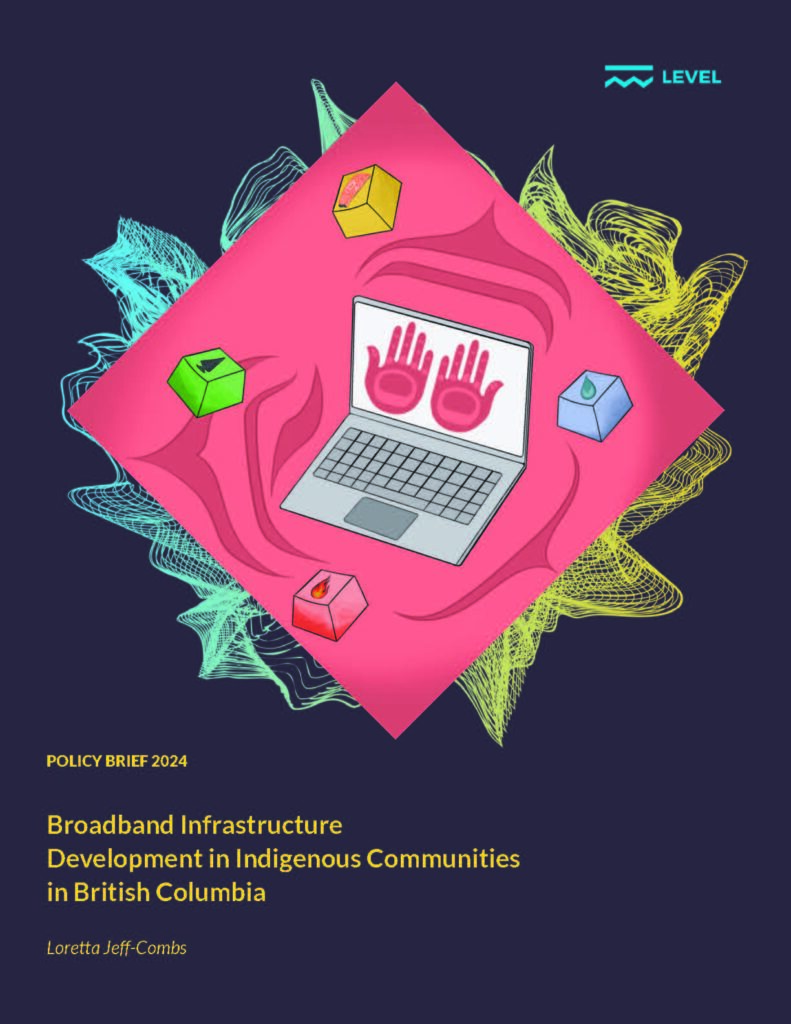The lack of broadband infrastructure development in Indigenous communities across BC has profound and far-reaching effects on the social, economic, and cultural well-being of Indigenous communities. The digital divide between Indigenous and non-Indigenous populations continues to widen, exacerbating existing inequalities and limiting opportunities for growth and development. First, the absence of reliable, high-speed internet access severely hinders educational opportunities for Indigenous youth. In an increasingly digital world, students in remote Indigenous communities face significant challenges in accessing online resources, participating in virtual learning, and pursuing higher education. This disparity not only limits academic achievement but also restricts future employment prospects. Healthcare delivery is another critical area impacted by the lack of broadband infrastructure. Telehealth services, which have become essential in remote areas, are often unavailable or unreliable due to poor internet connectivity. This limits access to timely medical consultations, mental-health support, and specialist care, exacerbating health disparities and contributing to poor health outcomes in Indigenous communities. Economic development is also significantly hindered by inadequate broadband infrastructure. Indigenous businesses, particularly those in remote areas, struggle to compete in the digital marketplace, limiting their ability to reach broader markets, attract investment, and create jobs. The lack of digital connectivity stifles innovation and entrepreneurship, further entrenching economic disparities between Indigenous and non-Indigenous populations. Moreover,the preservation and promotion of Indigenous languages, cultures, and traditions are increasingly dependent on digital platforms. Without robust internet access, efforts to maintain and share cultural knowledge, connect with diaspora communities, and engage in digital advocacy are severely restricted. In summary, the lack of broadband infrastructure development in Indigenous communities in BC is a critical issue that undermines educational outcomes, health-care access, economic opportunities, and cultural preservation. Addressing this digital divide is essential for promoting equity, enhancing community resilience, and supporting the self-determination of Indigenous Peoples in the province. Immediate and sustained investment in broadband infrastructure is crucial to ensuring that Indigenous communities can fully participate in and benefit from the digital economy.
Watch Loretta’s policy presentation:


